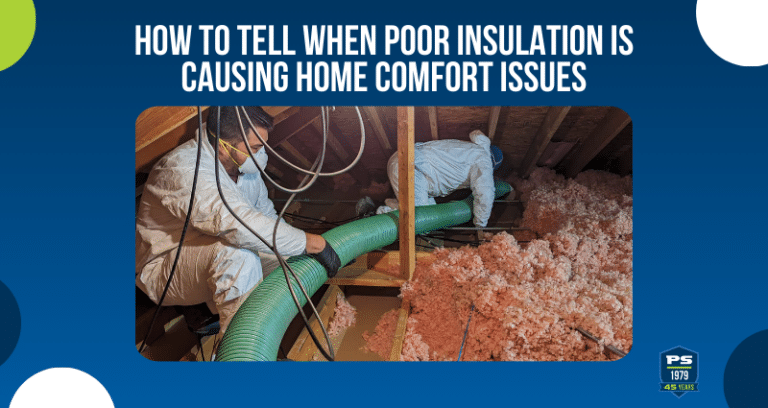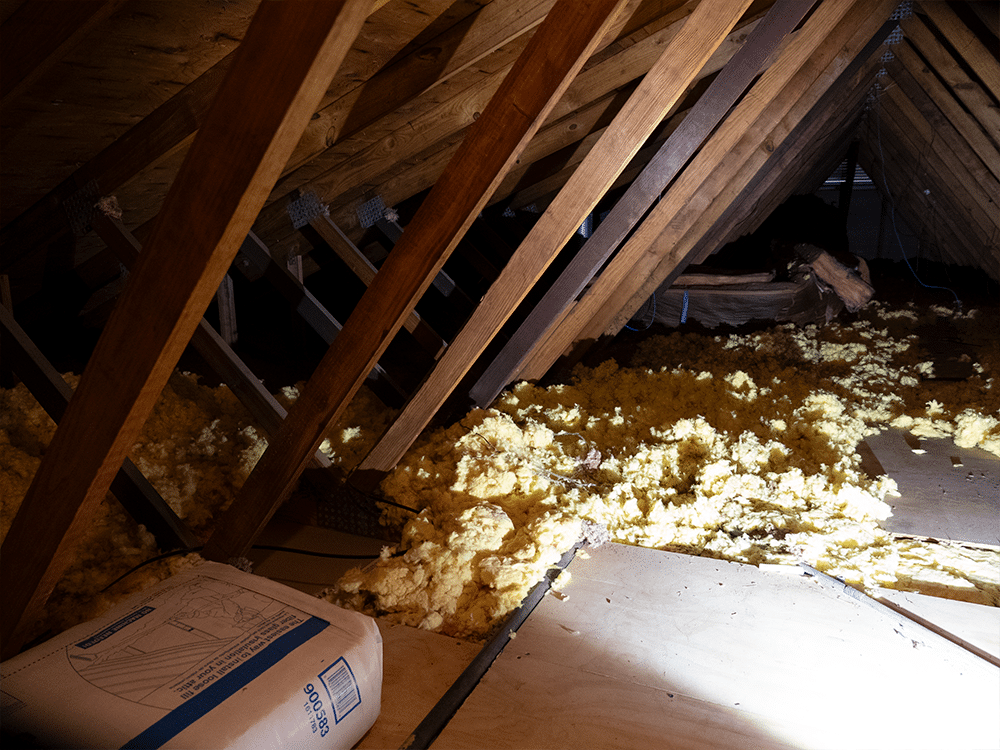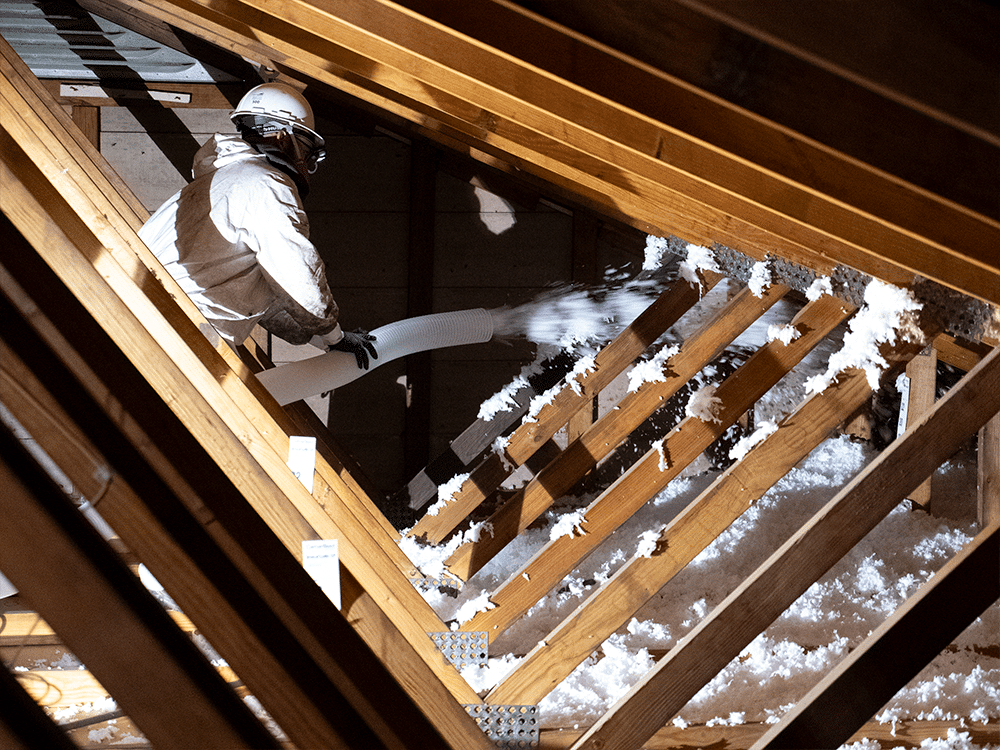
When Chicago homeowners face discomfort in their homes, especially during extreme weather conditions, the first instinct is often to blame the air conditioning system. However, poor attic insulation is frequently the culprit behind temperature inconsistencies and high energy bills. Understanding the difference between issues caused by your AC system and those stemming from poor or old insulation can help you make the best choice for your home.
Home Comfort Issues Commonly Caused by Poor Insulation
Inconsistent Room Temperatures: One of the most common signs of poor insulation is uneven temperatures between rooms. If some rooms in your house are consistently hotter or cooler than others, especially those on the upper floors, the problem is likely with your insulation rather than your AC system. Poorly insulated attics, in particular, can lead to significant temperature fluctuations as they allow heat to enter during the summer and escape during the winter.
High Energy Bills: While a malfunctioning AC can increase energy costs, inadequate insulation often results in year-round energy inefficiencies. If your energy bills are higher than usual, even during milder weather, it could be due to heat loss through poorly insulated walls, ceilings, and floors. According to the U.S. Department of Energy, most homes in the U.S., including those in Chicago, are under-insulated, leading to higher heating and cooling costs.
Drafts and Cold Spots: Another tell-tale sign of poor insulation is the presence of drafts or cold spots in your home. These are often felt near windows, doors, or rooms adjacent to the attic. Proper insulation and air sealing can eliminate these drafts, making your home more comfortable and reducing the strain on your heating and cooling systems.

When to Suspect Faulty Air Conditioning
Noisy Operation: If your air conditioning unit makes unusual noises, it may be a sign of mechanical issues. This could include anything from a failing compressor to loose components. Unlike insulation problems, which affect your home uniformly, AC issues typically manifest as a single unit failing to maintain the set temperature, resulting in persistent discomfort.
Poor Airflow: Faulty air conditioning can also lead to poor airflow from your vents. If air is not circulating well in certain rooms or seems weaker than usual, it might be due to a clogged filter, blocked ductwork, or a failing blower motor.
Increased Humidity: In addition to cooling, a properly functioning AC unit should also dehumidify your home. If your home feels more humid than usual, even when the AC is running, it might be a sign that your system is struggling to remove moisture from the air.
How Does Chicago Weather Affect Your Home Comfort?
Chicago’s climate presents unique challenges for homeowners. The city experiences hot, humid summers and cold, snowy winters, which means insulation needs to be robust enough to handle both extremes. Ensuring your home has sufficient insulation, particularly in the attic, can prevent winter ice dams and reduce summer cooling costs. Chicago homes should ideally have insulation that meets or exceeds local building codes (R-49), focusing on high R-value materials to withstand the region’s temperature swings.
From Article XII of the Chicago Energy Conservation Code:
“Ceilings below sloped roofs. Installing R-38 insulation over 100 percent of the ceiling area requiring insulation shall satisfy the requirement for R-49 insulation wherever the full height of uncompressed R-38 insulation extends over the wall top plate at the eaves. This reduction shall not apply to the U-factor alternative approach in Section R402.1.4 and the Total UA alternative in Section R402.1.5”

Beyond the Summer Months
While most homeowners notice comfort issues in summer, poor insulation can affect your home year-round. During Chicago’s cold winters, inadequate insulation can lead to heat loss, making your home feel drafty and cold, even with the furnace running. Adding or upgrading your insulation can improve your summer comfort and your winter warmth, leading to year-round energy savings and comfort.
Key Takeaways: Attic Insulation Is Likely The Cause Of Your Home Comfort Issues
Before assuming your air conditioning is at fault for your home’s discomfort, consider whether poor insulation might be the underlying issue. By addressing insulation first, particularly in areas like the attic, you can enhance your home’s comfort, reduce energy costs, and extend the life of your HVAC system.
For more information on assessing and improving your home’s insulation, contact our team to schedule your attic insulation inspection.